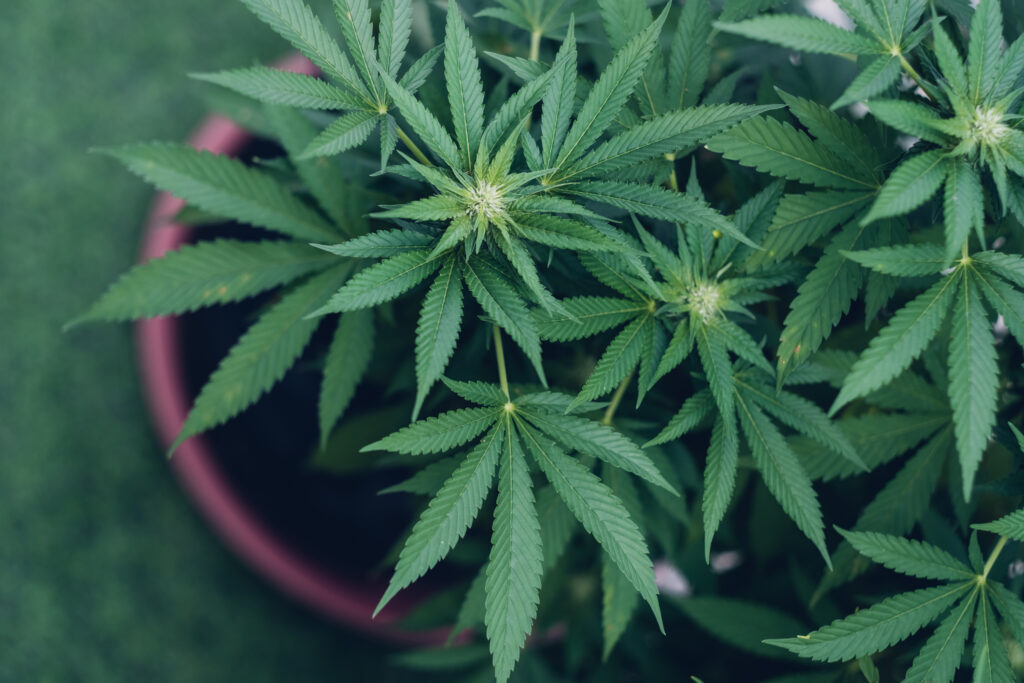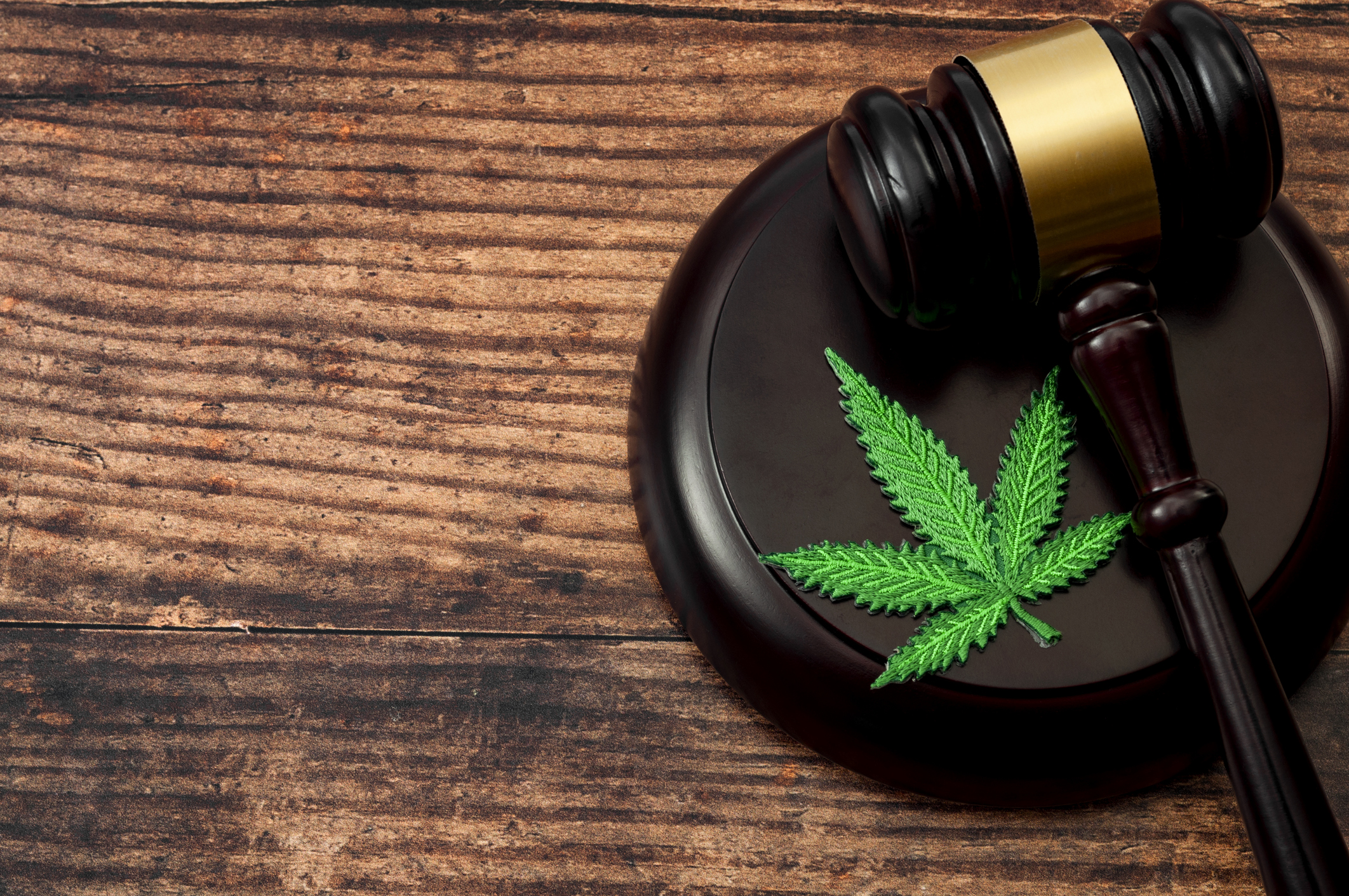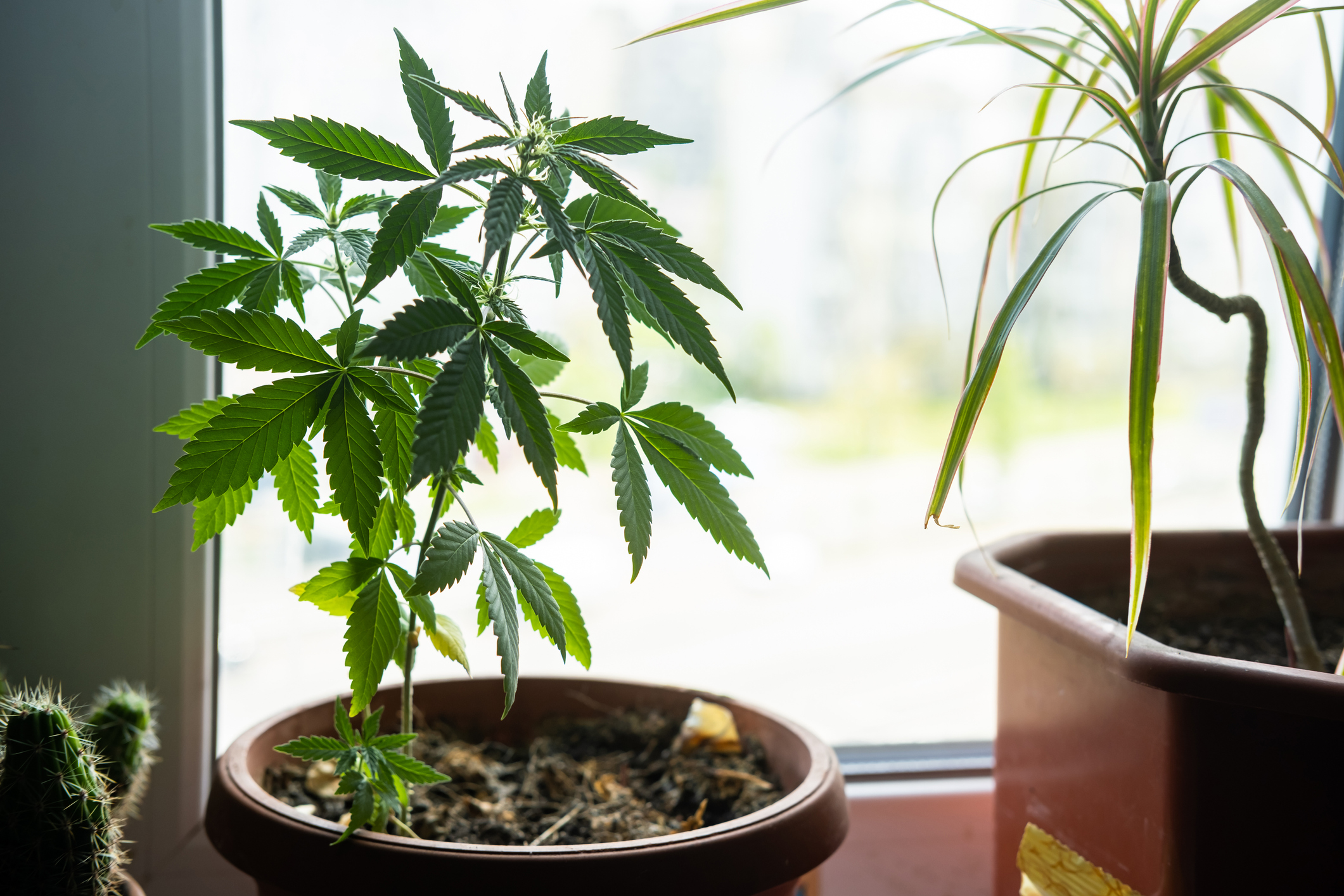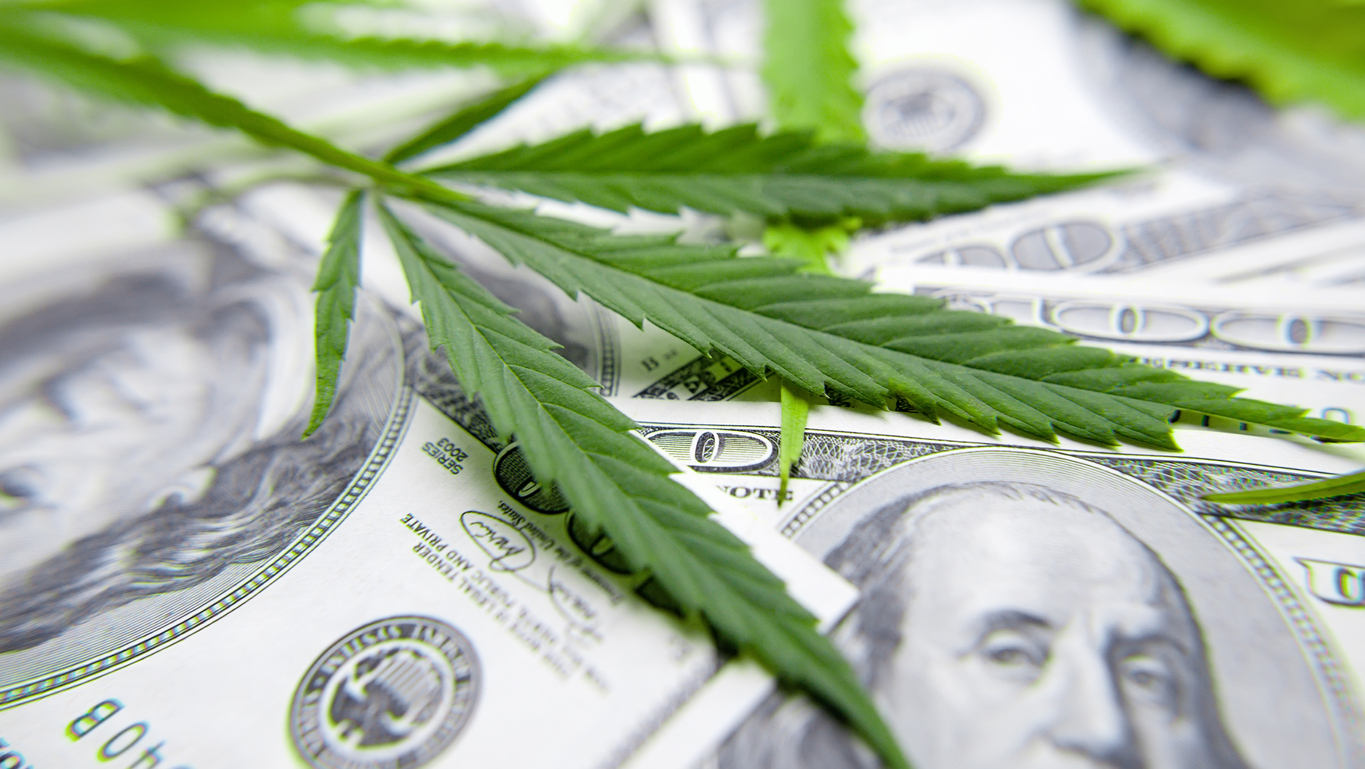
Twenty-four states, two territories, and the District of Columbia have legalized cannabis for adult recreational use. In contrast, the United States government has regulated cannabis under the Controlled Substances Act (CSA) as a Schedule I substance for the better part of a century. However, the Biden administration’s Drug Enforcement Administration (DEA) is reportedly on the brink of transforming American drug policy with a proposal to reschedule cannabis, reformulating long-standing regulations and opening the doors to wide-ranging effects across the country.
Understanding the Impact of Cannabis Rescheduling
The proposal, which the White House Office of Management and Budget (OMB) was reviewing, would depart from the established approach to cannabis. The proposal would not advocate for the outright legalization of cannabis for recreational use. Instead, it would seek to shift the classification of cannabis from Schedule I to Schedule III, regulating its production and sale similar to substances like ketamine and certain anabolic steroids. It would acknowledge the potential medicinal value of cannabis and recognize its lower potential for abuse compared to other substances currently classified as highly dangerous.
Attorney General Merrick Garland’s support for the proposal underscores its importance within the Biden administration. In October 2022, President Biden called for a review of federal cannabis laws and has taken steps to pardon individuals convicted of minor cannabis offenses. In August 2023, HHS Secretary Xavier Becerra confirmed that his agency had made a recommendation in response.
The Future of Cannabis Industry with Rescheduling
Rescheduling could pave the way for expanded research into the medical benefits of cannabis. It could also boost the burgeoning cannabis industry, reducing tax burdens and fostering economic growth. It could also change how the criminal justice system approaches cannabis-related offenses.
Latest News
Photo credit: iStock.com/IURII BUKHTA THC-infused beverages are gaining traction across the country as an alternative to traditional cannabis products. While the 2018 Farm Bill legalized hemp-derived Delta-9 THC products containing less than 0.3% THC, regulations [...]
Photo credit: iStock.com/Moussa81 Pennsylvania's journey with cannabis legalization has been a slow but evolving process. In 2016, the Commonwealth took its first significant step by legalizing medical cannabis through the Medical Marijuana Act. This program [...]
Marijuana in a pot on the windowsill. Home cultivation of medical cannabis. Cannabis laws have evolved rapidly across the United States. Cannabis has been shown to have benefits for a range of medical conditions, including [...]
Photo Credit: iStock.com/Aleksandr_Kravtsov Thirty-seven states, the District of Columbia, Guam, and Puerto Rico, have legalized cannabis to some degree. While in those 37 states and territories, it may be legal to some degree, the federal [...]






Stay In Touch